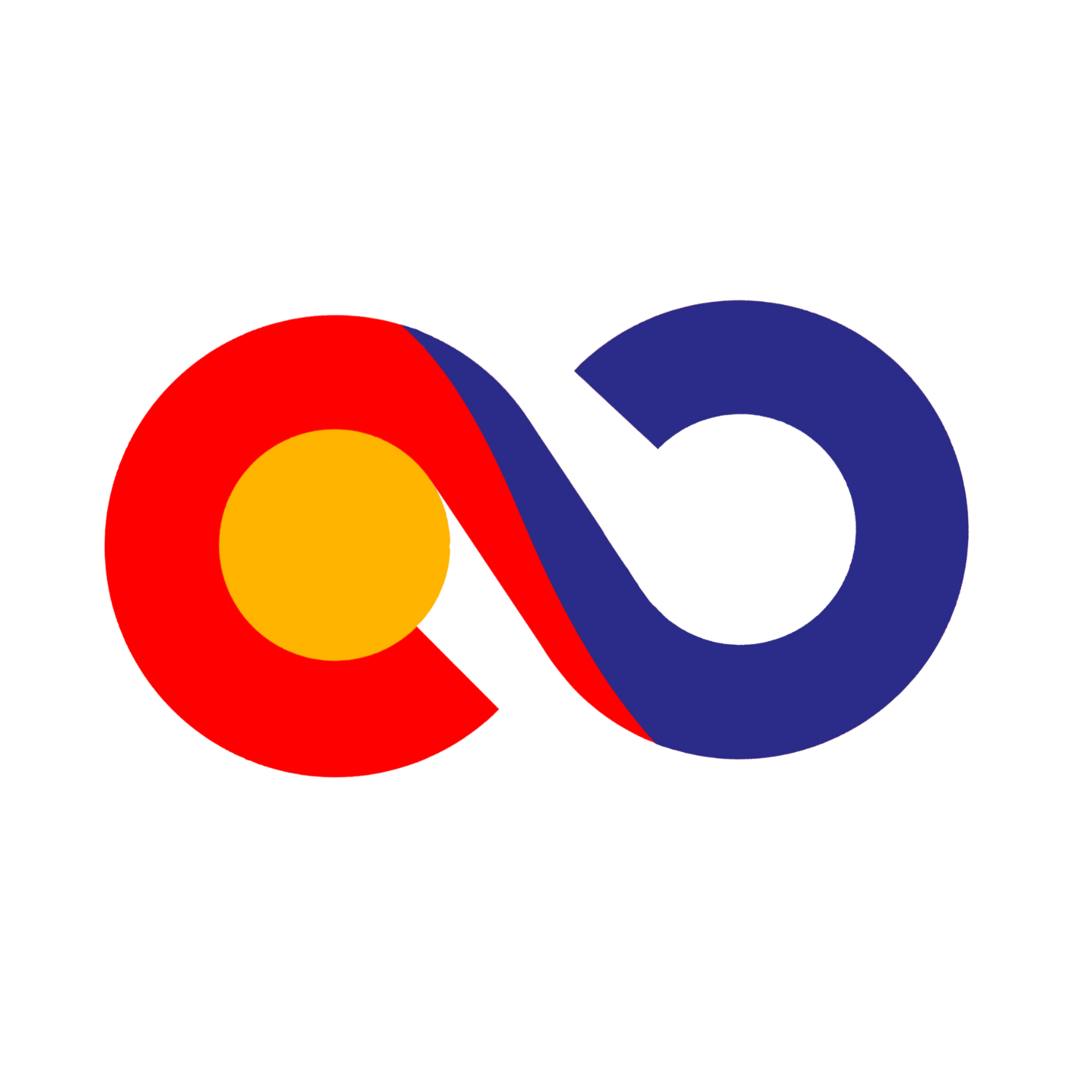Neurodiversity Awareness
Blind Awareness:
Your neighbor, the entrepreneur down the street, your local pharmacist, the engineer working on improving cell phone technology, your accountant, your mechanic, the artist making the world more colorful, and even the CEO running a multi-million-dollar organization can identify as neurodivergent. Maybe they are dyslexic or on the autism spectrum. Perhaps they have ADHD or something else that impacts their ability to learn or pay attention for long periods of time
Were you aware of their uniqueness?
Did you know?
Did it matter?
These conditions don’t exist solely in early childhood.. Imagine, for a moment, a 7-year-old in school that can’t control his impulses, the 3rd grader who is discouraged because she doesn’t understand why reading is so hard, the tween trying to fit in and connect with others, or the teenager who is trying to get recognized for their strengths and not their deficits. Such difficulties can often continue into adulthood, and therefore become factors that impact individuals in the workplace.
When we see a child acting out, over-emotional, highly anxious, and socially awkward, perhaps we should look at them through a different lens. Are they defiant, bad children that need more discipline? Alternatively, are they struggling to be understood and accepted for who they are?
October is Dyslexia and ADHD Awareness Month, and for a good reason. We need to be aware.
Dyslexia affects 20 percent of the population, and contrary to some belief, is not tied in any way to IQ.
Adult ADHD diagnosis rates are rising with between 2.5 to 4.4 percent of adults diagnosed. ADHD is thought to be under-diagnosed in adults - it is estimated that fewer than 20% of adults with ADHD are currently diagnosed and/or treated.
Everyone’s brain is different, and there is no such thing as a “normal” brain. During ADHD Awareness Month, we want to highlight that if someone has a neurodivergent diagnosis, they do not have a weakness or less intelligence. . Many conditions that we think of as disabilities come with strengths and experiences that are often overlooked.
Let’s empower our neurodivergent individuals by focusing on their amazing abilities, like:
Big picture “CEO” thinking
High creativity
Resiliency
Critical thinking
Problem Solving
Hyperfocusing on areas of interest
Entrepreneurial thinking
Humor and Lightheartedness
Loyalty
Unique Intelligence
And many more!
As a society, we need to focus on how we can provide support and include members of our neurodivergent community. Once we provide a safe environment, those with neurodivergent strengths can thrive in schools, the workplace, and in their day-to-day life.
We are in this together. Whether you are at work, at the grocery store, shopping, dining out, playing at a park, or a concert…we are surrounded by unique individuals. Let's focus on helping and accepting those around us who identify as neurodivergent.
